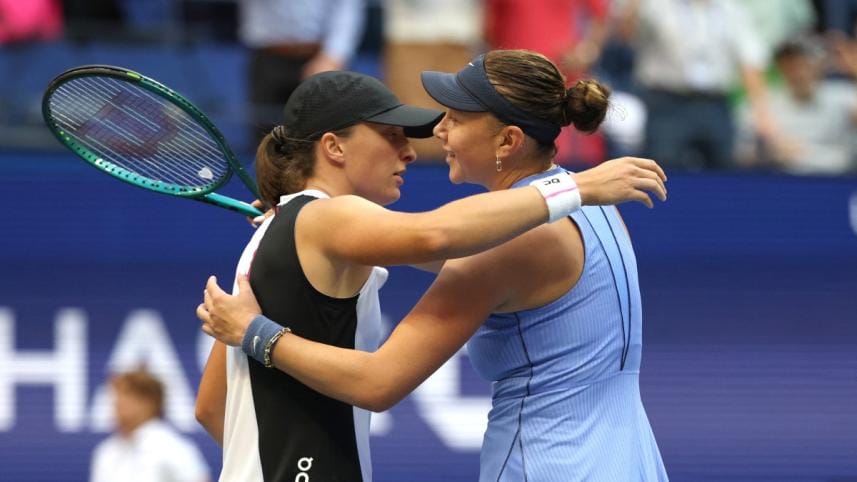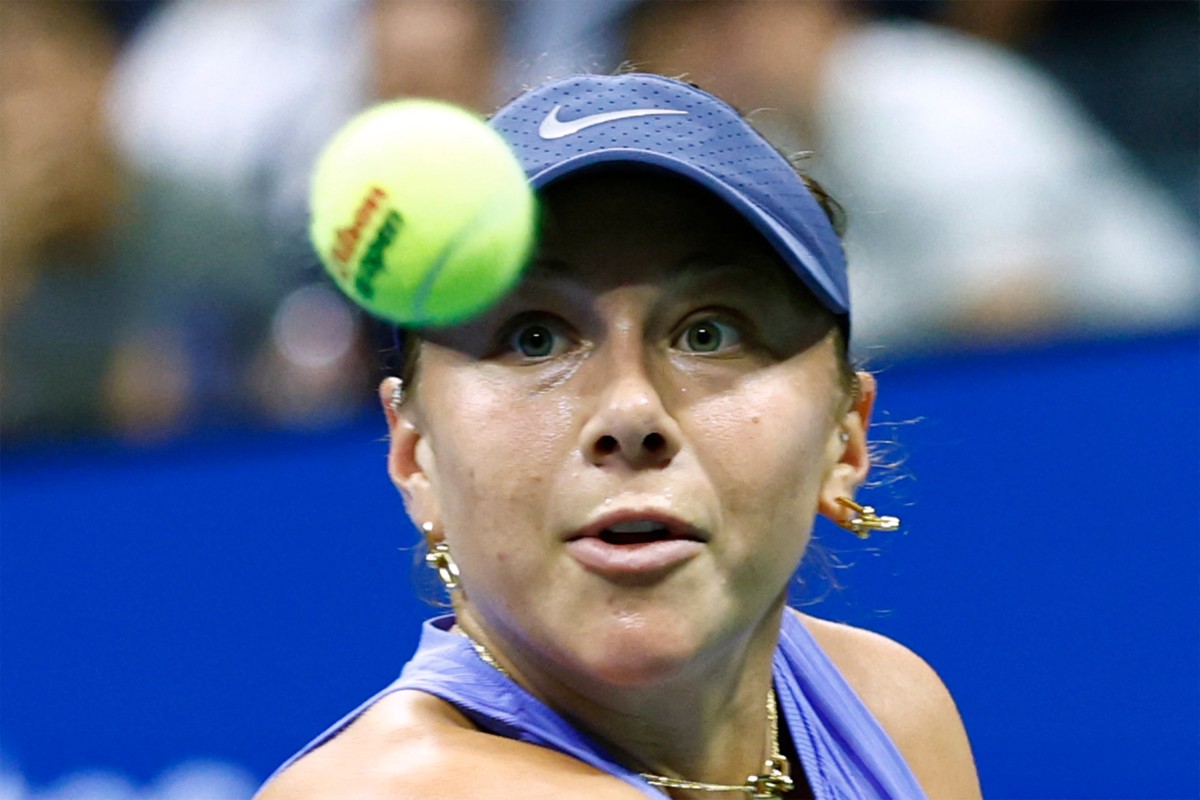Fear confronted is fear conquered

Athletes are often cast as entertainers, their victories measured in numbers and trophies. Yet, time and again, they reveal themselves as something more profound: reluctant mentors in resilience, teachers of the unseen battles that play out long before the scoreboard blinks.
Amanda Anisimova of the United States has just given us such a lesson at the Arthur Ashe Stadium court.

Around seven weeks ago, she endured one of the cruelest humiliations a player could face -- a Grand Slam final on Centre Court reduced to a footnote, a double bagel (6-0, 6-0) at the hands of Iga Swiatek. She was "frozen by nerves," her body stiffened under the weight of history, she admitted later.
Few would have blamed her for burying that memory, shelving the replay, and moving on. That is, after all, the common prescription of our age: "forget, distract, move past."
But Anisimova did the improbable, if not unthinkable. On the eve of her US Open quarterfinal match, she sat herself down and pressed play, reliving the horror, watching her getting annihilated. She rewound the shame that many would rather erase, and in doing so, disarmed it.
Then she stepped onto Arthur Ashe Stadium and dismantled six-time Grand Slam winner Swiatek 6-4, 6-3 on Thursday (Bangladesh time), setting up Friday's semifinal encounter with two-time US Open champion Naomi Osaka -- another player who is on course to conquer her own depression-related demons.

Call it revenge, redemption, or reclamation, but in those two hours, Anisimova demonstrated that healing does not always come from escape. Sometimes, it is born of staring into the very abyss we most want to avoid.
"Last night -- nobody told me to -- but I watched (it) back, as painful as it was, just to see, like, what I can avoid or what went wrong. Then I had to watch some good highlights to remove that from my brain," the 24-year-old revealed post- match.
It is why athletes often end up as spiritual mentors without intending to be. Their struggles mirror our own, only magnified under brighter lights. "Today I came out with not an ounce of fear," she added.

Anisimova may still be piecing herself together after years of personal setbacks -- the sudden loss of her father and coach, bouts of grief and burnout, a tumble down the rankings, and a break from the sport to tend to her mental health -- but in showing that fear confronted can be fear conquered, she revived a template for anyone stuck in their own loops of shame.
Not every wound closes quickly. Not every setback is simply "moved on" from. However, with courage to revisit the painful chapters, as the eighth seeded player proved in New York, those very scars can become the source of strength.
And that, more than rankings or titles, is what endures in memory.



 For all latest news, follow The Daily Star's Google News channel.
For all latest news, follow The Daily Star's Google News channel. 

Comments